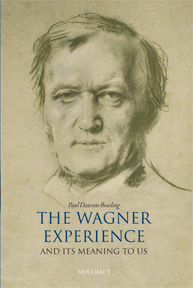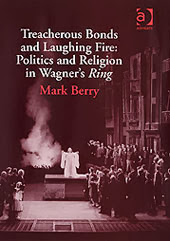This really is the last one, things to do, etc.
Once again, found in the archives of Latvian Radio 3. Pointing it out because it is a little bit special. To listen you can either go to the main page
, scroll down to 21:00 and click either the realplayer or windows media player streaming links. Or alternatively just click either of the links below and listen. It kicks in at around 10 minutes or so. And you need either realplayer or windows media player installed (or any of the programs that can cope with their respective streaming media streams (VLC should cope if I remember). Listen while you can.
Credits
Tannhäuser: Johan Botha, tenor
Herrmann, Landgrave of Thuringia: Ain Anger, bass
Wolfram von Eschenbach: Christian Gerhaher, baritone
Walther von der Vogelweide: Gergely Németi, tenor
Biterolf: Alexandru Moisiuc, bass
Heinrich der Schreiber: Peter Jelosits, tenor
Reinmar von Zweter: Marcus Pelz, bass
Elisabeth: Anja Kampe, soprano
Venus: Michaela Schuster, soprano
A Young Shepherd: Alois Mühlbacher, boy soprano
Vienna State Opera Chorus
Thomas Lang, chorus master
Vienna State Opera Orchestra
Franz Welser-Möst, conductor























